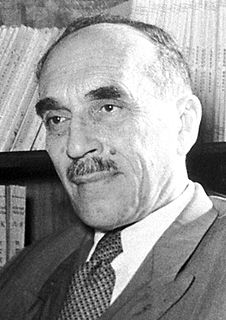A Quote by Ansel Adams
In a strict sense photography can never be abstract, for the camera is incapable of synthetic integration.
Quote Topics
Related Quotes
Photography today is accomplishing a lofty mission in which every German should collaborate by buying a camera. The German people is ahead of every other in the technical domain and, thanks to its exceptional qualities, the small camera has conquered the whole world... Much is at stake here from the point of view of popular consumer goods and, furthermore, photography has a particularly important political role to play. (Addressing the Berlin Photography Fair, 1933)
With photography, everything is in the eye and these days I feel young photographers are missing the point a bit. People always ask about cameras but it doesn't matter what camera you have. You can have the most modern camera in the world but if you don't have an eye, the camera is worthless. Young people know more about modern cameras and lighting than I do. When I started out in photography I didn't own an exposure meter - I couldn't , they didn't exist! I had to guess.
Humans have changed the landscape so much, but images of the sea could be shared with primordial people. I just project my imagination on to the viewer, even the first human being. I think first and then imagine some scenes. Then I go out and look for them. Or I re-create these images with my camera. I love photography because photography is the most believable medium. Painting can lie, but photography never lies: that is what people used to believe.




































